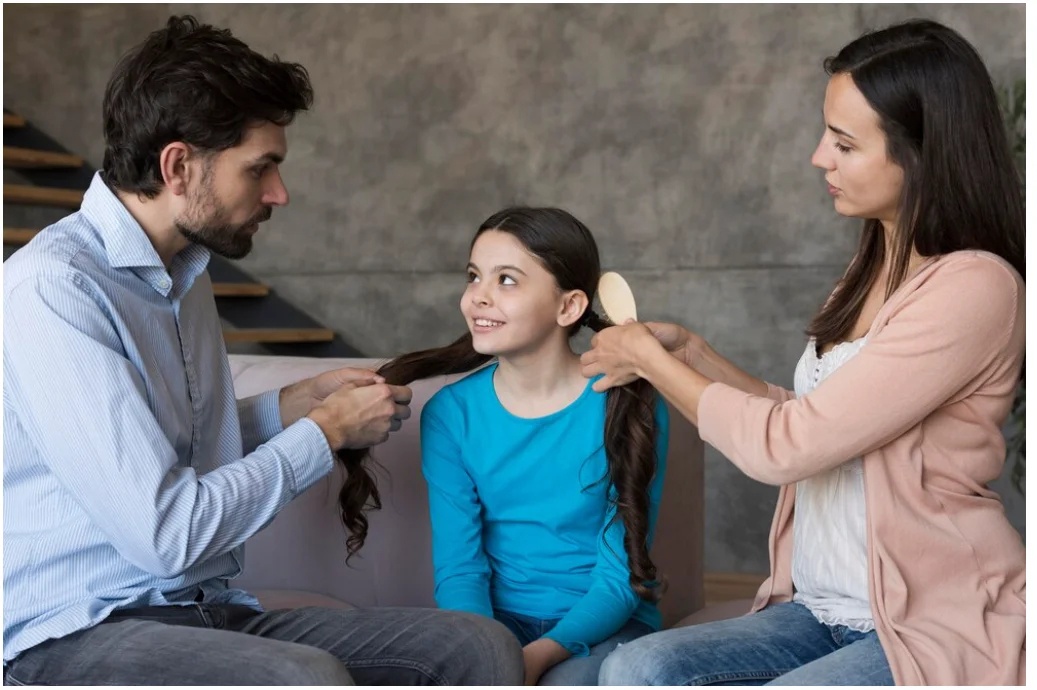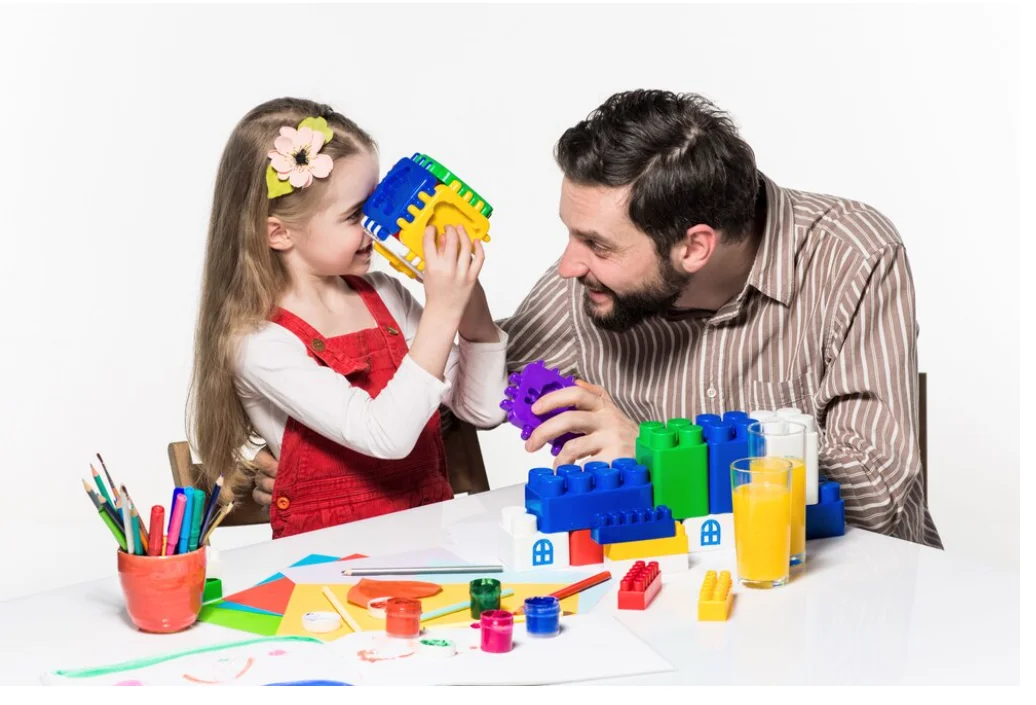
Today we will be talking about Permissive Parenting. Parenting is a complex journey, with countless approaches and philosophies that are circulated to us through several channels of communication. One such type of parenting is Permissive parenting. In this blog, we’ll explore the concepts, thereby understanding more about this style of parenting.
Permissive parenting is characterized by a warm and loving approach, but it also involves a high level of leniency and flexibility. While permissive parents provide their children with ample opportunities for enjoyment, however, one may wonder whether their leniency goes too far.
If one goes by the definition, then permissive parents adopt a unique parenting style characterized by few and inconsistently enforced rules. They prioritize being a friend to their child rather than an authority figure, considering their child’s opinions in any major decisions they make.
Recommended Reading: 10 BEST PARENTING BOOKS FOR 2023
Let’s see a few examples of Permissive Parenting.
This includes letting your child have unrestricted screen time, avoiding chores, and allowing them to make their own decisions regardless of age. Emphasizing freedom over responsibilities, they allow natural consequences to unfold and may view risky situations as valuable learning opportunities.
So does this parenting style have any advantages? Let’s have a look at some potential advantages of permissive parenting.
1. Autonomy and Independence:

Permissive parenting can encourage children to develop a strong sense of independence and decision-making skills.
Recommended Reading: CO-PARENTING COUNSELING: EXAMPLES & BENEFITS
2. Emotional Well-Being:

These parents often create a loving and nurturing environment, fostering a strong emotional bond with their children.
3. Promotes Creativity:

Creativity flourishes when children have fewer limits, allowing them to explore a wide range of passions and hobbies in a more flexible and nurturing environment.
Recommended for reading: PARENTING TIPS: DON’T SAY THESE 10 THINGS TO YOUR CHILD
Now let’s take a look at some of its downsides
1. Lack of Structure:

Image Source: parentingforbrain.com
Children might struggle without clear boundaries and structure, leading to behavioral issues
2. Limited Preparedness:

Permissive parenting can sometimes leave children unprepared for the challenges they’ll face in the real world
Recommended for reading: 7 PARENTING HACKS FOR YOU AND YOUR PRE-TEENS
So, is permissive parenting good? The answer lies in finding a balance.

Balanced parenting combines warmth and love with reasonable rules and guidelines, nurturing both independence and responsibility
To conclude, we can all agree that permissive parenting, while having its benefits, is not without its challenges.
The key is to tailor your parenting approach to your child’s needs, finding the right balance between love and structure.
Recommended Reading:
We hope this blog has provided you with some insights into permissive parenting. Join the discussion in the comments below and share your thoughts and experiences. Remember, there’s no one-size-fits-all answer when it comes to parenting. It’s all about what works best for your unique family!
Looking for a comprehensive parenting guide to ensure you are on the right track? Explore a wealth of parenting wisdom and educational insights in Moonpreneur’s blogs. Additionally, you can join our programs that nurture the next generation of innovators. Book a free trial now!
























